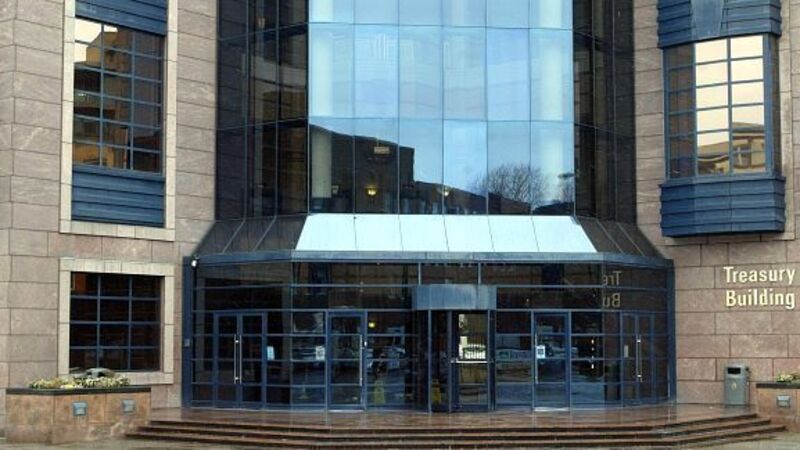Developer wins appeal against NAMA

The seven-judge court yesterday unanimously allowed the appeal after finding NAMA had never at any stage made any legally valid decision to acquire the loans.
As a result of the judgment, it appears, if NAMA still wants to acquire the McKillen loans, it will have to make a formal decision to that effect and start the process again.













